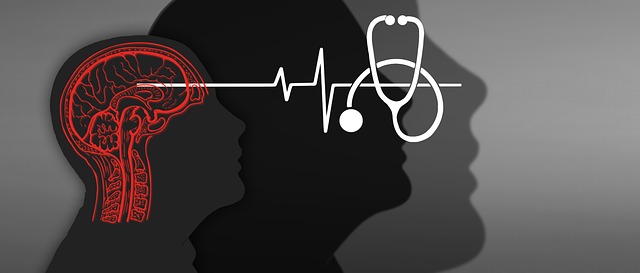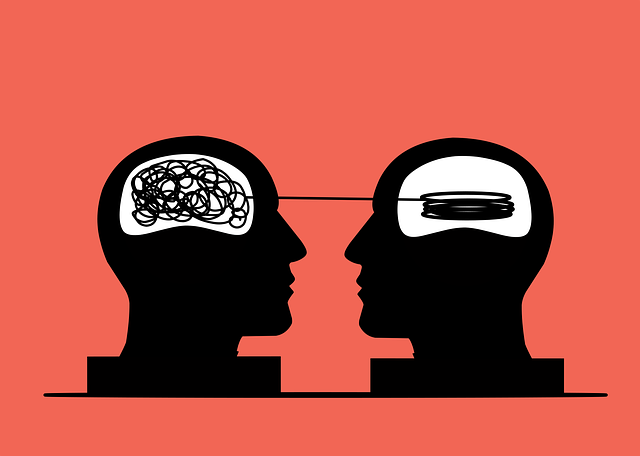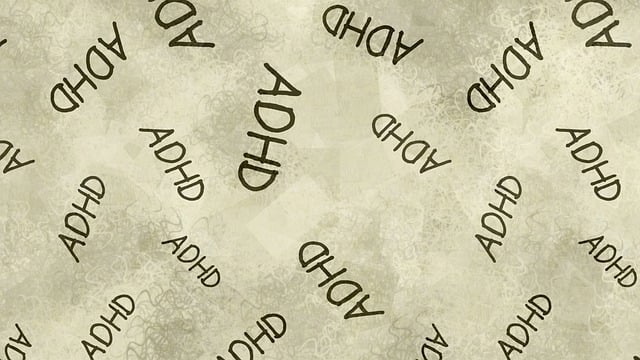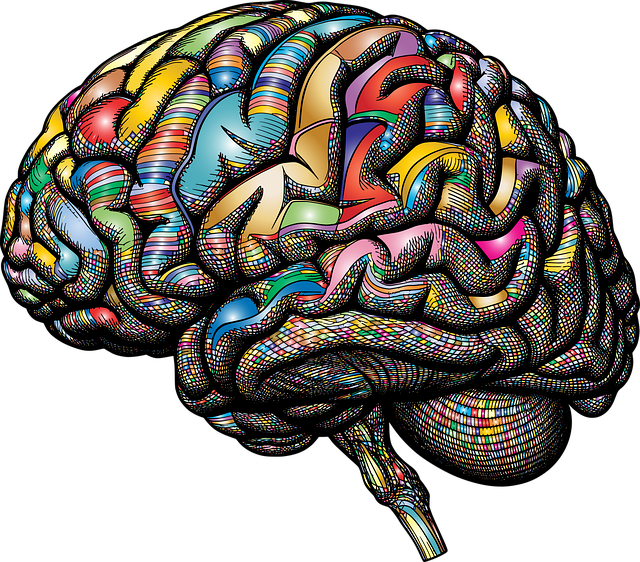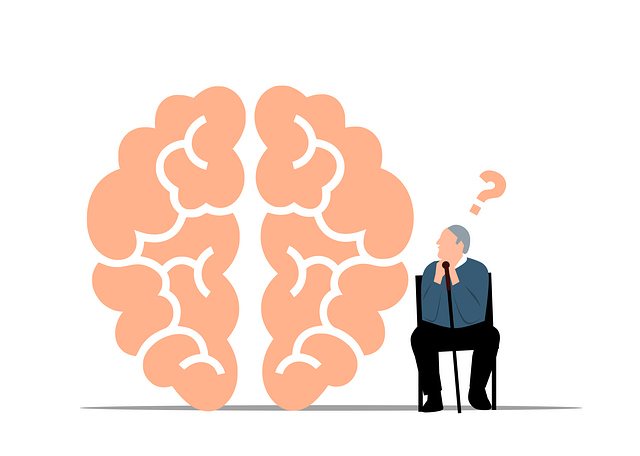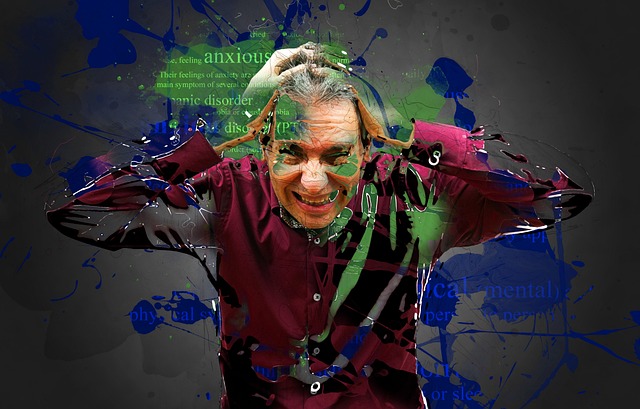Golden Chronic Pain Therapy offers a holistic solution for managing chronic pain by addressing both physical and psychological aspects. This method incorporates resilience-building techniques, mindfulness meditation, cognitive behavioral therapy, and empathy to help individuals cope with pain and improve mental well-being. By emphasizing the mind-body connection, Golden Chronic Pain Therapy equips mental health professionals with comprehensive risk assessment tools and empowers individuals to regain control over their lives, reducing anxiety and promoting lasting relief. Stress management education, including this therapy, is crucial in addressing rising global rates of chronic pain and mental health disorders.
Stress management is a vital skill, especially when navigating chronic pain’s challenges. This article delves into the intricate relationship between chronic pain and mental health, offering insights on how Golden Chronic Pain Therapy can be a game-changer. We explore practical tools and techniques to effectively teach stress management, empowering individuals to overcome pain’s impact. By understanding these strategies, folks can foster resilience, enhance well-being, and transform their lives—all key aspects of Golden Chronic Pain Therapy’s success.
- Understanding Chronic Pain and Its Impact on Mental Health
- Unlocking the Power of Golden Chronic Pain Therapy
- Practical Tools for Effective Stress Management Teaching
Understanding Chronic Pain and Its Impact on Mental Health

Chronic pain is a complex condition that goes beyond physical discomfort. It often leads to significant mental health implications, affecting one’s overall well-being and quality of life. The persistent nature of chronic pain can trigger or exacerbate various mental health disorders, including depression, anxiety, and even post-traumatic stress disorder (PTSD). This interconnectedness highlights the need for a holistic approach to treatment.
Golden Chronic Pain Therapy emphasizes the importance of addressing both the physical and psychological aspects of pain management. By incorporating resilience-building techniques as part of their stress management toolkit, individuals can develop coping mechanisms that empower them to navigate the challenges posed by chronic pain. This proactive approach not only alleviates symptoms but also enables mental health professionals to conduct a thorough risk assessment, ensuring personalized care tailored to each patient’s unique needs.
Unlocking the Power of Golden Chronic Pain Therapy

Golden Chronic Pain Therapy offers a transformative approach to managing long-term pain, focusing on the mind-body connection and holistic healing. This therapeutic method recognizes that chronic pain is not just physical but deeply intertwined with our emotions and mental state. By employing techniques such as mindfulness meditation, cognitive behavioral therapy, and empathy building strategies, individuals can learn to navigate their pain experience with increased resilience. The goal is not to eliminate pain entirely, but to help people live fully and meaningfully despite its presence.
Public awareness campaigns play a crucial role in normalizing conversations around chronic pain, reducing stigma, and fostering understanding. These initiatives encourage open dialogue, educate communities, and promote the development of support systems—all vital components for those navigating this complex condition. Through combined efforts of therapy, public education, and empathy building, Golden Chronic Pain Therapy aims to empower individuals to regain control of their lives and find lasting relief.
Practical Tools for Effective Stress Management Teaching

Stress management is a vital skill to teach, especially with the rise of chronic pain and mental health issues globally. Incorporating practical tools into your teaching repertoire can greatly enhance students’ ability to cope with stress effectively. One such powerful method is Golden Chronic Pain Therapy, which focuses on empowering individuals to transform their relationship with pain through mindfulness, relaxation techniques, and cognitive reframing. This approach has shown remarkable results in reducing anxiety and improving overall well-being.
By integrating these strategies into your curriculum, you equip future mental health professionals with a comprehensive risk assessment toolkit. Understanding how to identify and address the root causes of stress is crucial for their practice. This includes recognizing triggers, managing overwhelming situations, and promoting self-care practices that can prevent burnout. Anxiety relief techniques taught in this context not only benefit students’ personal lives but also enhance their ability to support clients effectively during therapy sessions, fostering a more holistic approach to mental health awareness.
In conclusion, managing chronic pain effectively is a crucial step towards enhancing mental well-being. The article has explored the profound impact of chronic pain on mental health and presented Golden Chronic Pain Therapy as a powerful tool to navigate this challenge. By integrating practical stress management techniques into teaching, individuals can gain valuable skills to cope with pain and improve their overall quality of life. Embracing these strategies fosters resilience, enabling folks to transform their relationship with pain and embrace a more balanced and peaceful mind-body connection.

